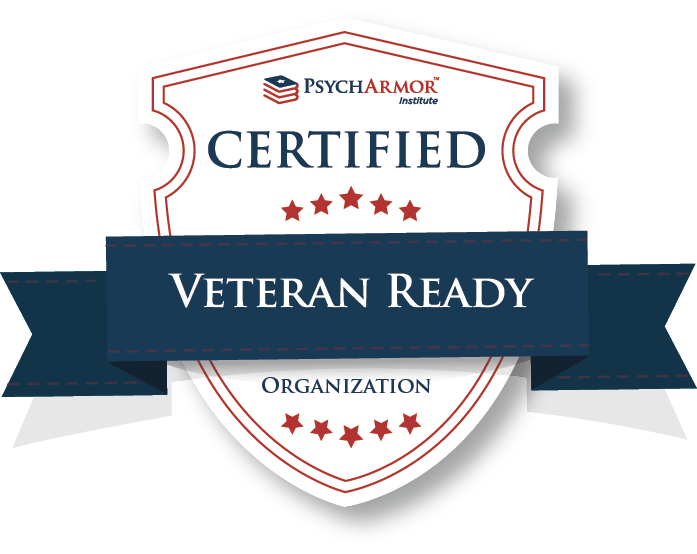Vets Recover, offering immediate and long-term care for veterans and first responders in crisis, opened Wednesday near downtown Mobile.

Vets Recover, offering immediate and long-term care for veterans and first responders in crisis, opened Wednesday near downtown Mobile.
The project of 38-year veteran John Kilpatrick, the private nonprofit establishment is the culmination of years of work.
“The problem for veterans is access to care,” says Kilpatrick. Many aren’t enrolled in VA health benefits and even those who are may have to wait six months for an appointment.
“Nobody ever gets well or sober in a hospital. You get well in the community,” says Kilpatrick, a veteran of 28 years in recovery as well as 38 years of military service.
To help vets get the care they need, he organized community backing to create the center, which has six beds for medically monitored detox; 16 beds for month-long inpatient care and 12 beds for temporary housing for homeless veterans. There’s an outpatient facility, too, and a lengthy process of helping vets find the help they need to continue the thrive.
Most of the care is provided by veterans, many of whom have struggled with the same issues as those they are now helping.
“That’s our secret sauce,” says Kilpatrick. “We take vets in recovery and turn them into people who can help others.”
“Vets don’t like to ask for help,” he says, “so typically they hit bottom.” And they have trust issues. “Peers can meet them where they are and help them learn to trust care. Our chief medical officer is in recovery; our chief clinician is a veteran, our chief nurse is an Army nurse. So, we really understand the military veteran/first responder culture.”
The project has been funded with support from city, county, state and federal funding, including a two-year, $4 million grant marking its status as a Certified Community Behavioral Health Clinic. The facility employs 50 people with a payroll of about $3 million.
Kilpatrick joined the Marines after high school and served 10 years. He later joined the Army and is a colonel in the Army Reserves. He is a veteran of Operation Desert Shield/Desert Storm, Operation Iraqi Freedom, Operation Enduring Freedom and the Global War on Terrorism.
He is a graduate of Spring Hill College with a master’s in social work from the University of Alabama.




